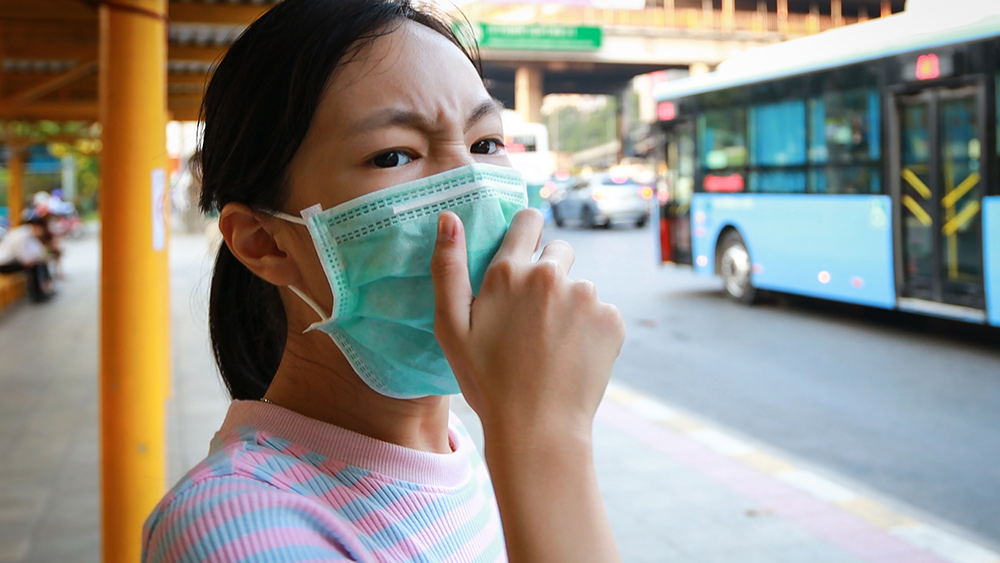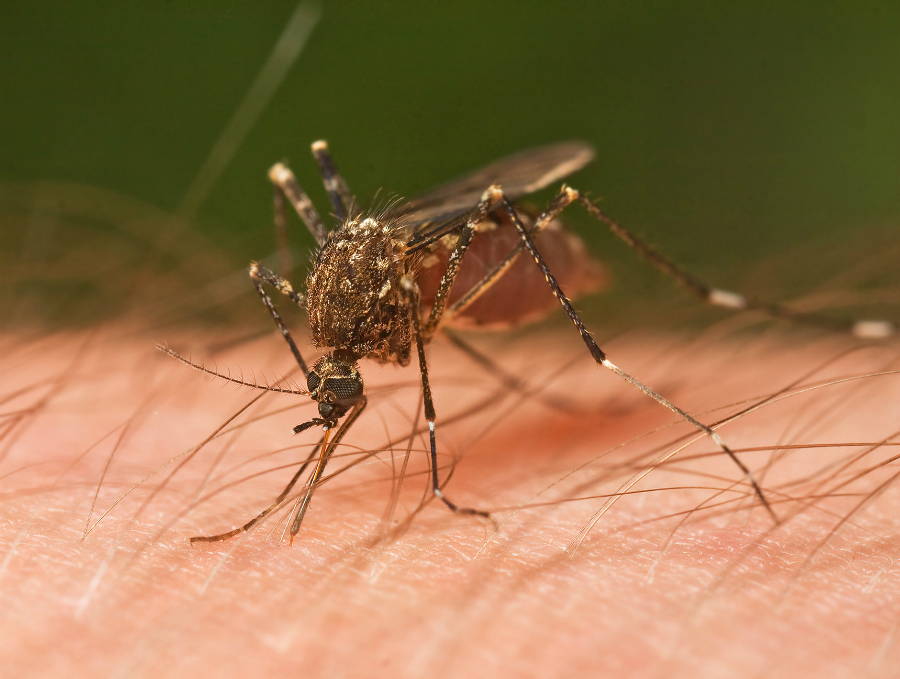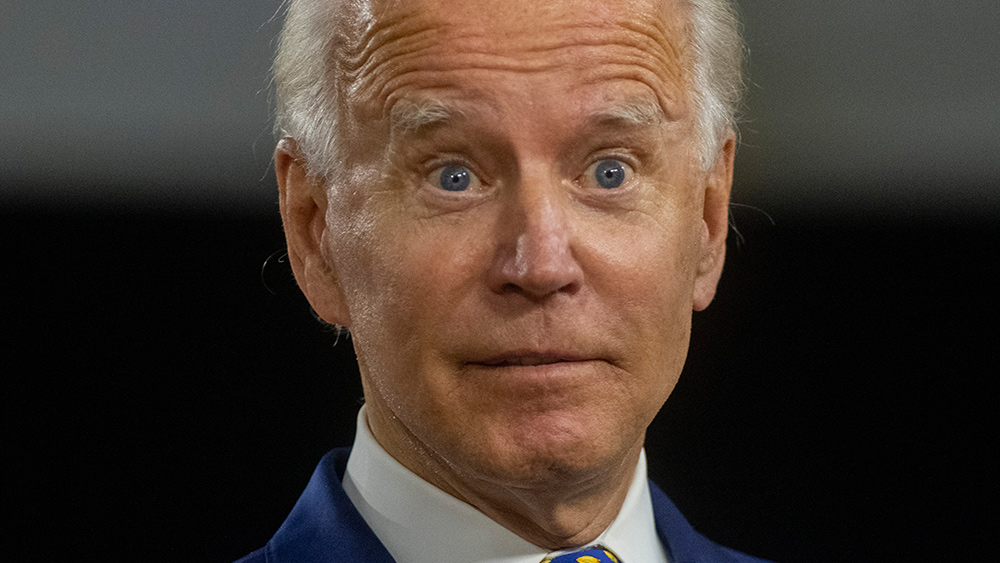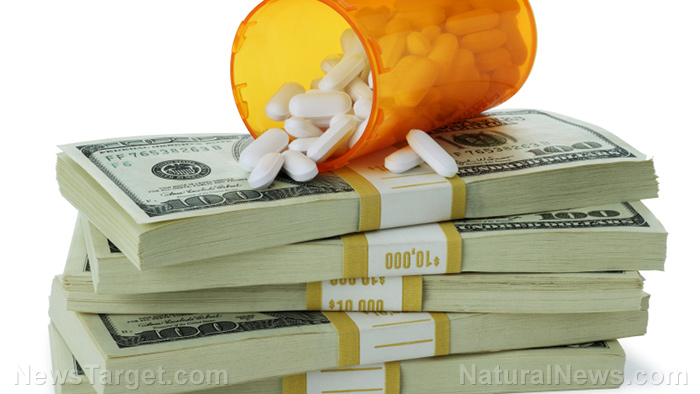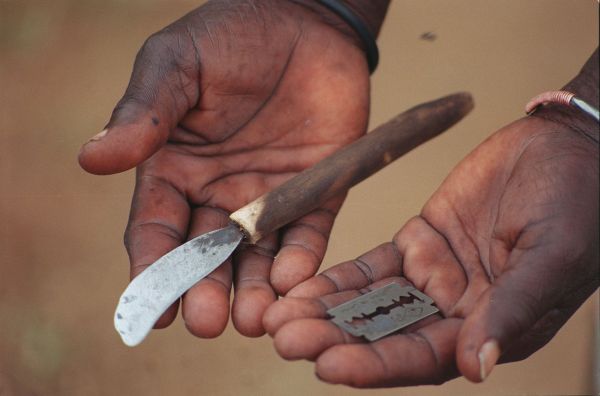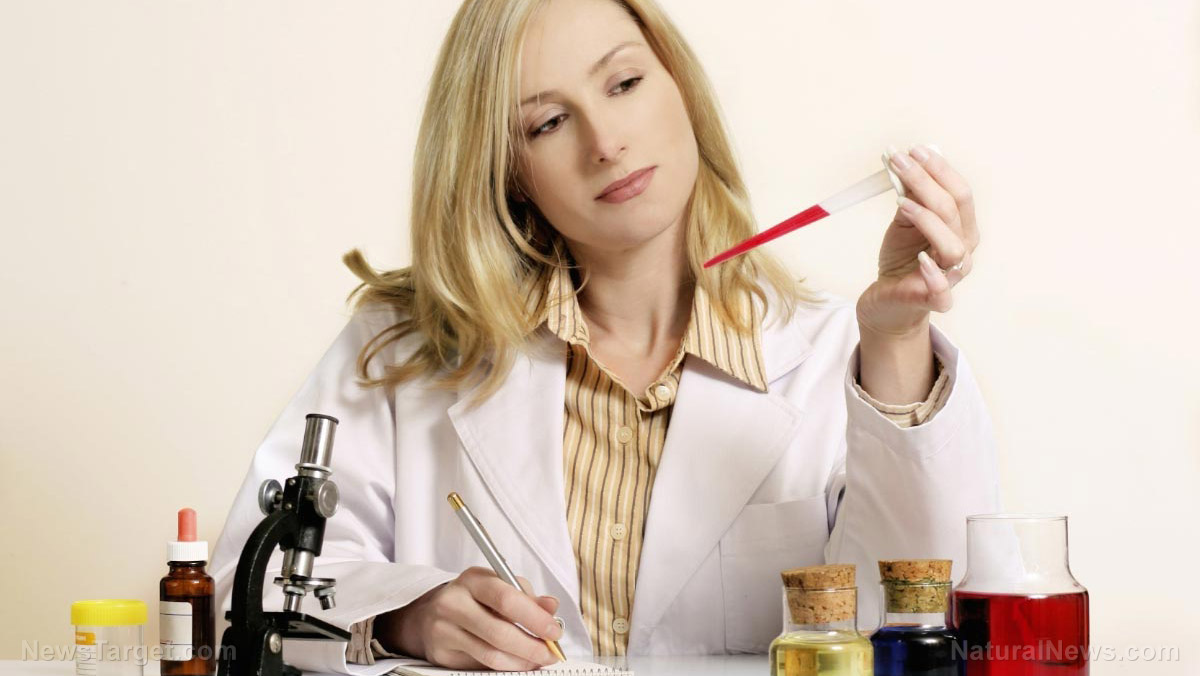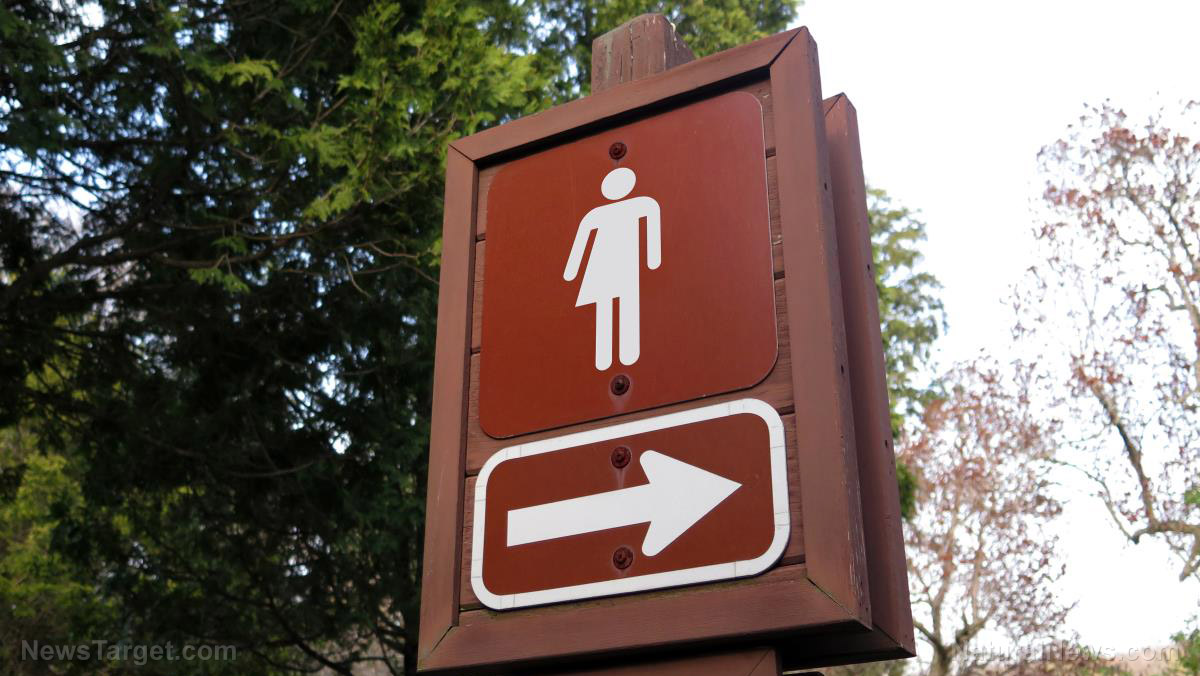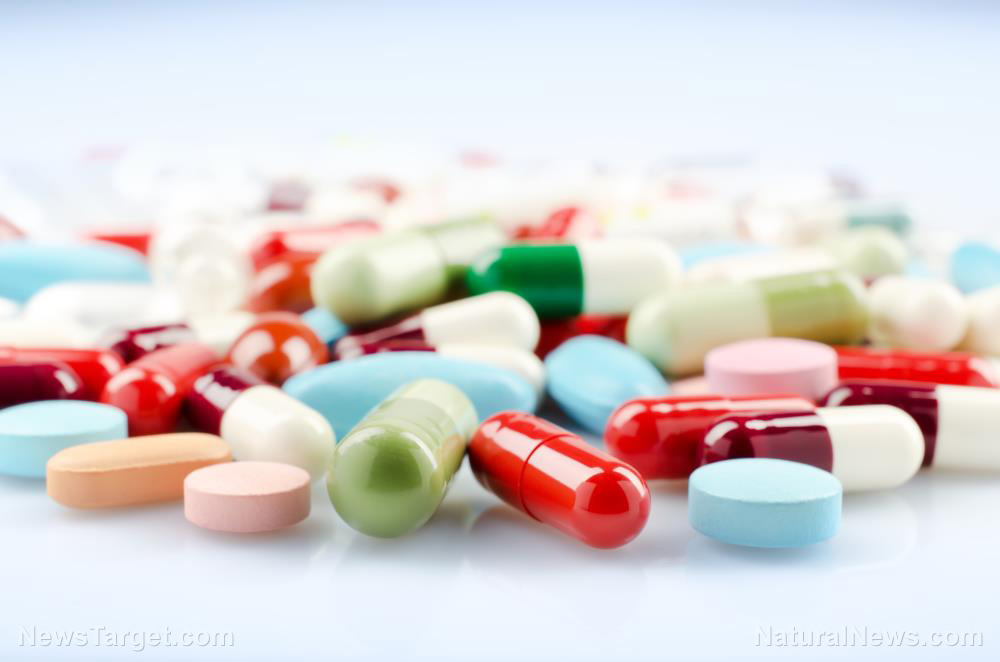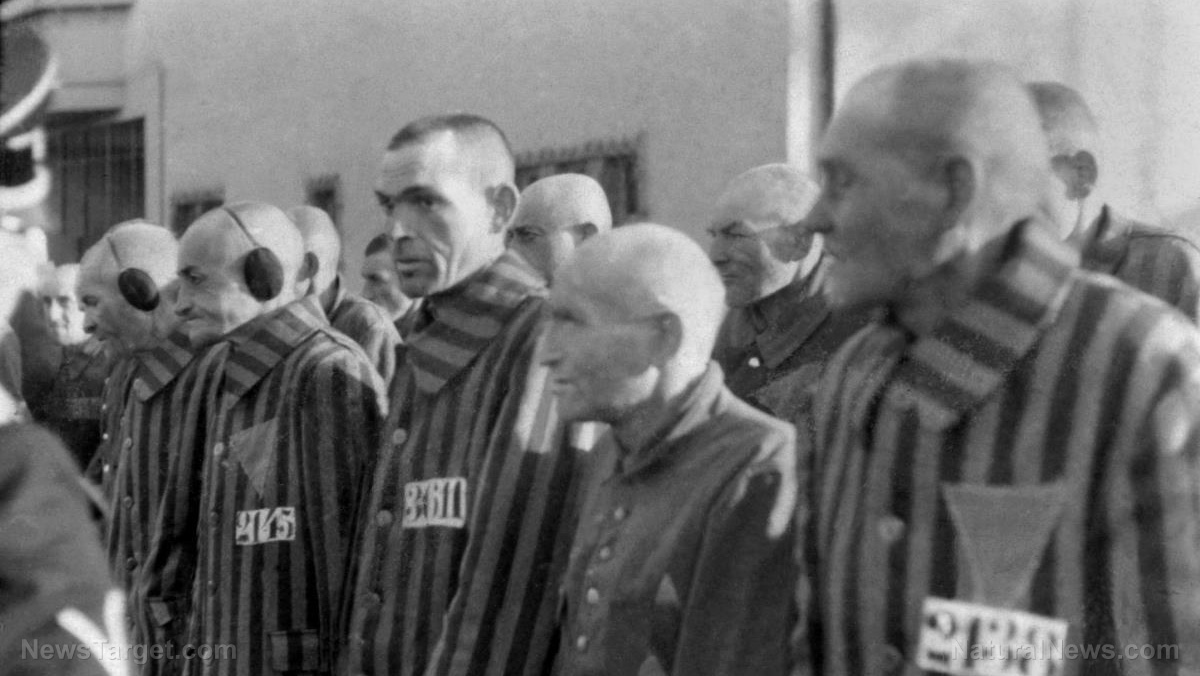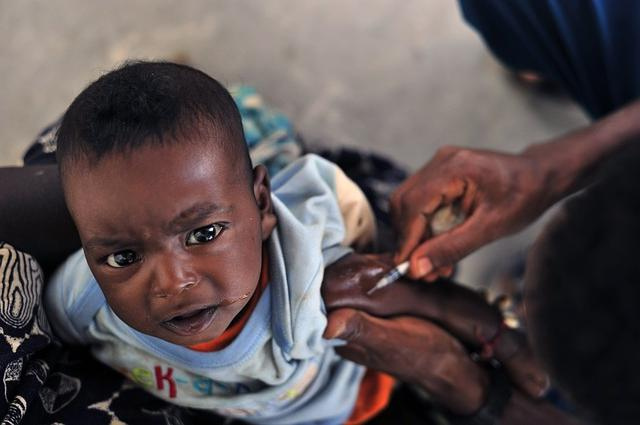Fauci says he has no faith that Russia’s COVID-19 vaccine is “safe and effective”
08/24/2020 / By JD Heyes

Dr. Anthony Fauci, the functionary who has been in Washington, D.C., for decades pretending to be America’s “top immunologist,” doesn’t have much faith in a new Russian COVID-19 vaccine.
“I hope that the Russians have actually definitively proven that the vaccine is safe and effective,” Fauci, the director of the National Institute of Allergy and Infectious Diseases (NIAID), said during a National Geographic-sponsored event scheduled to air on Thursday. “I seriously doubt that they’ve done that.”
“So if we wanted to take the chance of hurting a lot of people or giving them something that doesn’t work, we could start doing this, you know, next week if we wanted to,” Fauci, continued, referring to the vaccine candidates in the U.S. “But that’s not the way it works.”
On Tuesday, Russian President Vladimir Putin claimed that his country had registered the world’s first COVID-19 … vaccine.
Despite the criticism and scant public information on human trials that allegedly began in May, Putin claimed the Kremlin approved the vaccine for widespread use, drawing skepticism from scientists and public health experts.
But the Russian leader’s claims did not come without pushback from other Russians. Kirill Dmitriev, head of the Russian Direct Investment Fund, which is financing the vaccine’s development, said it must still clear the last of a three-phase clinical trial process before it is determined to be safe or effective. That said, Putin has the power to authorize distribution of the vaccine even before the clinical trial process is complete. (Related: Prestigious vaccine journal: Flu vaccine increases coronavirus infection risk 36%.)
That said, if the Russian vaccine fails to pass all three trial phases it would put Moscow behind the leading U.S.-developed vaccine candidate — not that any vaccine is going to be effective against coronavirus or even wise to administer (and who’s going to profit when one does become available, if ever…Fauci?).
As for the Russian vaccine, National Geographic noted:
Gamaleya has yet to publish any results from human trials, which typically involve three phases to check a drug’s safety, efficacy, and dosage. The institute also has not released any preclinical research involving animal models or experiments with cells raised in petri dishes.
According to the World Health Organization — which covered up for China when the virus was making its way around the globe — there are 170 vaccine candidates currently in development. But understand, COVID-19 is a virus, and thus far, there really isn’t an effective viral vaccine, and that includes the vaunted ‘flu vaccine’ which, by the way, was estimated by the Centers for Disease Control and Prevention to have been only about 45 percent effective during the 2019-2020 flu season.
But by all means, let’s add a coronavirus vaccine to the mix as well, because that’ll help.
Fauci claims that the Trump administration is on it, however.
“There’s never a guarantee that you’re going to get a safe and effective vaccine,” he told lawmakers last month after testifying that the vaccine development effort was making progress.
“We feel cautiously optimistic that we will have a vaccine by the end of this year and as we go into 2021,” he added. “So, I don’t think it’s dreaming … I believe it’s a reality.”
The president wants a vaccine by the Nov. 3 election, which, obviously, would bolster his reelection. But at what cost to society?
As for Fauci, he’s been wrong about the COVID-19 pandemic a lot more than he’s been right.
In a highly critical column for USA Today last month, White House trade adviser Peter Navarro blasted Fauci as having “been wrong about everything I have interacted with him on.”
After listing several instances where Fauci has been mistaken, Navarro concluded: “So when you ask me whether I listen to Dr. Fauci’s advice, my answer is: Only with skepticism and caution.”
Why should his vaccine observations be treated any differently?
Sources include:
Tagged Under: Anthony Fauci, covid-19, effectiveness, Flu vaccine, Public Health, risk, Russia, safety, vaccine, vaccine wars, vaccines, Vladimir Putin, WHO

